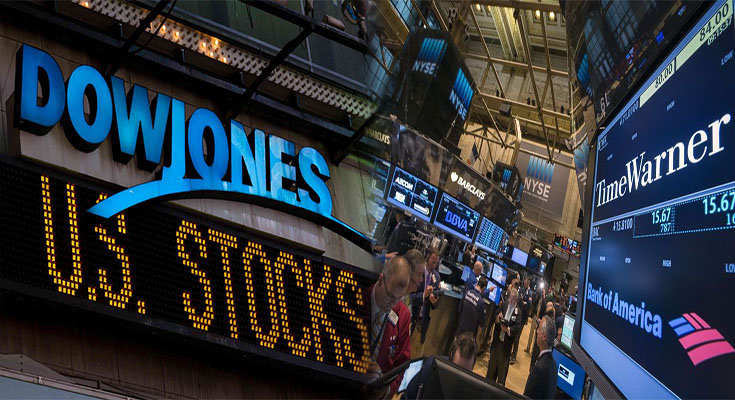If you’re interested in investing, you may want to consider a Dow Jones futures contract. This type of contract allows investors to hedge against the potential value of an asset, while speculating on its value.
Price limit
Dow Jones futures are derivative contracts based on the value of the Dow Jones Industrial Average (DJIA). They are traded on the Chicago Board of Trade (CBOT).
The DJIA is comprised of 30 companies. The futures contract closely tracks the index value during regular U.S. stock market trading hours.
A Dow Jones futures price limit applies during normal trading hours. However, there are exceptions. For example, when the index has lost 5% of its value, the limit will be triggered. This causes a sudden increase in the value of the index.
When the index goes under a limit, a stop order will be placed on outstanding contracts. In addition, cash settlement will be used to liquidate the contract. This will occur on the final settlement day of the contract. If the stock goes under a limit in the following trading day, the trading shall be suspended for a period of 15 minutes.
In addition to the index, there are three other major stock-index futures that are subject to daily downside limits. These are the Nasdaq, the S&P 500, and the Dow Industrials.
Final settlement day
Dow Jones futures are one of the most popular products in the market. These contracts allow investors to profit by speculating on the direction of the Dow Jones Industrial Average. However, they are not as simple as other investments. They must be traded at a reputable brokerage.
In order to trade a Dow Jones futures contract, you must first open an account at a reliable brokerage. You should also make sure that your brokerage offers the best trading platform and tools. You can also use technical analysis and historical price movements to develop a forecast for the future.
There are three different types of futures contracts. Each type has its own specifications. Traders should review the Rules of the Bourse and specific contract specifications before trading.
The final settlement day for a Mini Dow futures contract is the third Friday of the month, which is provided to be a business day. Delivery against this type of contract must be performed by cash settlement. This means that the buyer is required to provide payment to the seller through the Clearing House.
Index futures offer important information
If you’re looking for a new way to profit from the stock market, you should consider trading futures. They offer more opportunities to make money than other instruments. Traders can also hedge their risks in the underlying market.
One of the best products in this category is Dow Jones index futures. While the S&P 500 has the wider cross-section of the US equity market, it’s easier to analyze and forecast the broader set of companies in the Dow.
Dow futures are a standardized contract, regulated by exchanges. The contract is designed to closely match the price of the underlying index. In other words, you’ll be paid a specified amount of cash for each tick of the index.
The price of an e-mini contract is $5 per point. The most common contract is the DJIA. Its multiplier is 50 cents.
Another speculative instrument is the S&P 500. The S&P is one of the most popular and widely traded indexes in the world.
How to open a position
Dow Jones futures are a form of bet that allows you to profit by speculating on the price movement of the underlying index. This is the oldest equity index in the world and provides broad exposure to the stock market.
There are many different factors that can affect the price of the underlying index. This can be an issue, especially when the Dow Jones rises or drops.
Depending on how the market moves, you can choose to take a long position or a short position. You can also use leverage to trade. This allows you to take smaller positions with a bigger potential revenue.
Dow Jones futures are contracts that are traded on an exchange. These are not settled in the underlying equities, but are rather cash-settled.
When a grocer asks to buy 100 bushels of soybeans in January, he agrees to do so. He agrees to pay the farmer $900, which is the price set for that particular purchase.





